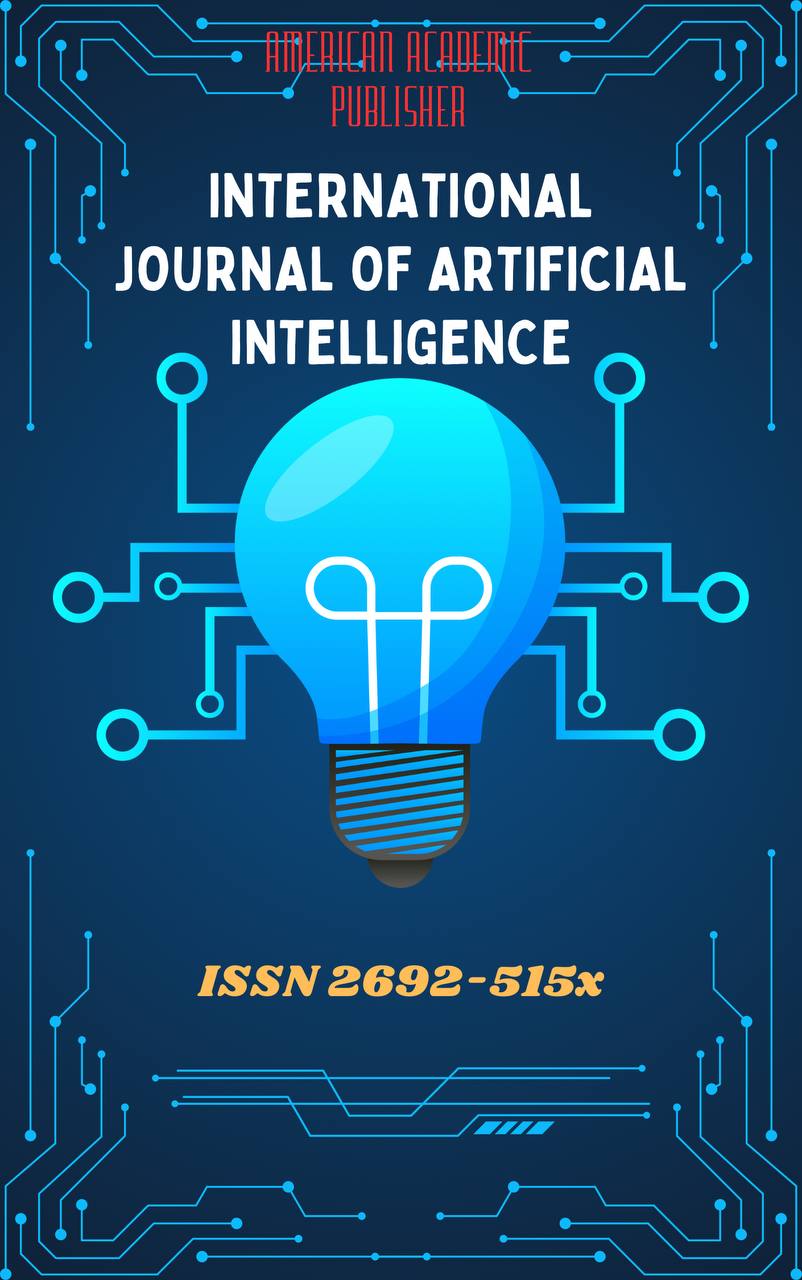 Articles
| Open Access |
Articles
| Open Access | SHAPING CREATIVE THINKING SKILLS IN FOURTH-GRADE STUDENTS DURING LITERACY LESSONS
To‘xtaxo‘jayeva Shaxnoza , 1st-year Master's student in Primary Education at Namangan State Pedagogical InstituteAbstract
This study explores the development of creative thinking abilities in fourth-grade students within the framework of literacy lessons. The research emphasizes the integration of cognitive, metacognitive, and pedagogical strategies aimed at fostering originality, problem-solving skills, and imaginative expression among young learners. It examines the theoretical foundations of creativity in educational contexts, highlighting how literacy instruction can serve as a platform for nurturing divergent thinking and reflective learning. Employing a combination of observational, experimental, and qualitative methodologies, the study identifies effective instructional practices that stimulate students’ intellectual curiosity and cognitive flexibility. The findings reveal that systematic incorporation of creative exercises, open-ended questioning, and collaborative projects within literacy lessons significantly enhances students’ ability to generate novel ideas and engage in critical thinking. Furthermore, the study underscores the importance of teacher guidance, curriculum design, and supportive classroom environments in shaping the creative capacities of young learners. These results contribute to the broader discourse on educational psychology, curriculum development, and innovative teaching practices, offering practical implications for educators seeking to cultivate creativity at early stages of formal education.
Keywords
Creative thinking, literacy lessons, fourth-grade students, cognitive development, pedagogical strategies, divergent thinking, problem-solving, educational psychology, curriculum innovation.
References
1.Babayigit O. Examining the effect of creative writing activities on reading, writing and language lesson attitudes of elementary school fourth grade students //European Journal of Educational Research. – 2019. – Vol. 8. – No. 1. – P. 213-220.
2.Lutfetdinova R. et al. FORMING STUDENTS' CREATIVE THINKING ABILITIES IN READING LITERACY LESSONS //Research. – 2025. – Vol. 59. – No. 1. – P. 171-172.
3.Axamjonovna B. D., Shohbozbek E. FORMING THE SPIRITUAL WORLDVIEW OF YOUTH IN PRE-SCHOOL EDUCATION IN OUR REPUBLIC //Global Science Review. – 2025. – Vol. 4. – No. 5. – P. 221-228.
4.Moss B., Lapp D. (ed.). Teaching new literacies in grades 4-6: Resources for 21st-century classrooms. – Guilford Press, 2009.
5.Nabiyevna Kh. N. A CONCEPTUAL-METHODICAL ANALYSIS OF NEW "FLUENT LITERACY" TEXTBOOKS CREATED FOR PRIMARY GRADES //JOURNAL OF PEDAGOGICAL RESEARCH. – 2025. – Vol. 3. – No. 1. – P. 216-219.
6.Abdusattarovna O. Kh., Shokhbozbek E. FORMATION OF A HEALTHY LIFESTYLE ON THE BASIS OF MODERN PEDAGOGICAL APPROACHES IN SOCIAL PHILOSOPHY //Global Science Review. – 2025. – Vol. 4. – no. 5. - S. 175-182.
7. Sur E., Ateş M. Examination of the relationship between creative thinking skills and comprehension skills of middle school students //Participatory Educational Research. - 2022. - T. 9. – no. 2. - S. 313-324.
8. Diloram M., Shahbozbek E. EDITORIAL BASIS OF THE DEVELOPMENT OF THE SPIRITUAL WORLD VIEW OF YOUTHS IN UZBEKISTAN //Global Science Review. - 2025. - T. 4. – no. 5. - S. 207-215.
9. Sulistiyarini A. et al. Pre-lesson reading activities on creative thinking skills: Implementation, impact, and constraints in Indonesia //Pegem Journal of Education and Instruction. - 2022. - T. 12. – no. 4. – S. 89-102.
10. Ergashbaev Sh. Developing the spiritual worldview of young people through the continuous education system in Uzbekistan //Ob'edinyaya studentov: mejdunarodnye issledovaniya i sotrudnichestvo mejdu distsiplinami. - 2025. - T. 1. – no. 1. – S. 314-316.
Article Statistics
Downloads
Copyright License

This work is licensed under a Creative Commons Attribution 4.0 International License.

